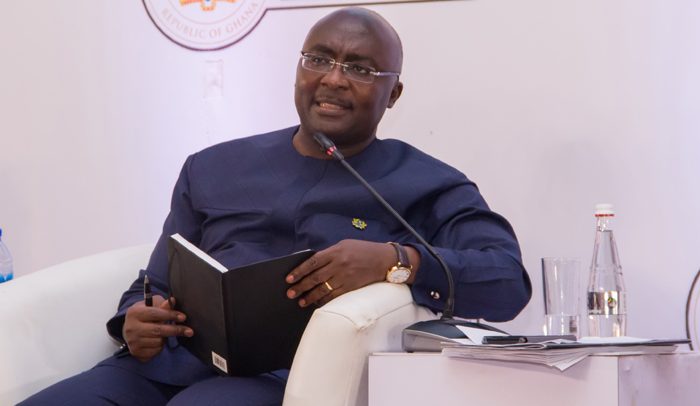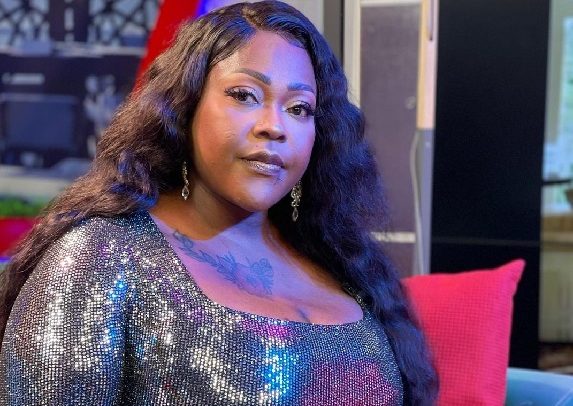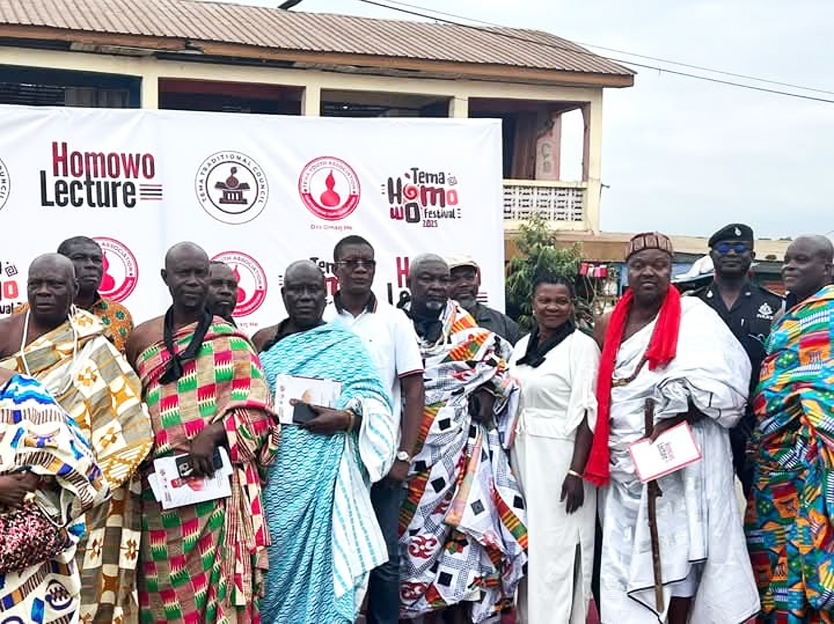
As with any technology, social media isn’t inherently harmful. Who uses it, how long they use it, and how they use it determine its impact. Undoubtedly, you’ve heard the “warnings”: social media can undermine self-esteem, fuel jealousy, promote unhealthy comparisons, and rob us of quality time. The real danger of social media is something you have probably noticed among your family, friends, and acquaintances: social media is dramatically changing how we develop and maintain friendships and love.
There was a time when relationships felt comforting. The journey from “prom date” to “lifelong spouse” was an attainable dream. Romance resembled more like cheesy rom-coms than Game of Thrones. Then social media arrived, promoting a dopamine addiction by offering instant validation through likes, comments, and followers, resulting in endless scrolling. Today, many people associate the quick bursts of dopamine that they get from thumbs up and comments with their self-worth.
Friends and romantic partners don’t come with a “like” button every time you cook dinner, take out the garbage, are fashionably dressed, or order the steak tartare on date night. However, posting a picture of your steak tartare on Facebook might, hopefully, elicit a few likes for your self-esteem, along with “Looks delicious!” comments.
Based on your maturity level, you may expect your partner to praise you as your followers do. When they don’t, you might feel they aren’t “supportive enough.” Even if they are supportive, it’s not the same dopamine rush you get from a stranger’s “like.” Eventually, you may crave validation from strangers rather than your partner, family, or friends, leading you to lean into social media’s glorification of the “exit mentality.”
It’s well known that most social media content is curated, creating a distorted view of reality. Yet, we let staged content convince us that there are always better options, causing us to be ungrateful and unhappy with what we have. As we scroll through feeds filled with attractive people, elaborate romantic gestures, laughter on exotic beaches, and stories about finding happiness, an exit mentality begins to develop. Inevitable conflicts in your relationships provoke the question, “Could I do better?” Over time, our ability to commit, be patient, and grow within our friendships and romantic relationships tends to decline.
Social media has undoubtedly altered perceptions of what’s considered normal, often presenting an idealized version of reality, especially in terms of lifestyles, appearances, and social interactions. When you’re bombarded with images of romantic photos, holiday getaways, and surprise gifts, your subconscious convinces you that they signify a healthy relationship. What you don’t see are the arguments, the bills, the therapy sessions, and the compromises—factors that contribute to building strong relationships and promoting growth.
Recently, I read a study that found the average social media user engages with over 400 people daily through DMs, comments, views, and reactions. That’s 400 mini connections, most of them with strangers. Yes, they’re fleeting, but collectively, they can undermine the emotional exclusivity that defines close relationships. When you dedicate your attention, flirtation, or emotional energy to hundreds of micro-interactions, your connection with your friends and partner weakens. It’s like watering 20 plants with one cup of water; none of them get enough to stay healthy.
An observation: Social media exacerbates the issue of trust, the cornerstone of any relationship, romantic or otherwise. Questioning a partner’s commitment based on something seen on social media has become increasingly common. Why did she take a picture of her steak tartare at a swank downtown restaurant? She never does that! Who’s she with? Surprisingly, so far, romantic relationships haven’t followed the same path as Neanderthals. We experienced less relationship anxiety when we weren’t exposed to someone’s daily activities unless we were physically with them.
Additionally, social media’s overlord, the Internet, has warped, especially for men, expectations of a partner by giving effortless 24/7 access to pornography. A person who struggles to get someone to reply to their texts or lacks intimacy in their life can easily create a relationship fantasy, provided they make the monthly payments. A beautiful person showering you with affection and NSFW (not safe for work) photos is very appealing and makes for a lucrative business model; hence, new adult content platforms, such as OnlyFans and Fansly, continue to emerge.
Your time isn’t the only thing social media consumes; it also drains your attention, influences your expectations, erodes your sense of trust, and hinders your ability to be present in a relationship.
Ironically, social media has led people to spend more time alone, with their feeds serving as a form of company. Online platforms are increasingly becoming the primary venue for socialization, especially among younger generations. Social media is creating a world marked by rising singledom.
Inherently, this trend is neither better nor worse than one filled with couples and families. However, the increase in singledom and, as being reported, the “loneliness crisis,” is creating a society that’s fundamentally different from what we experienced pre-COVID, with accompanying significant social, economic, and political implications, raising the question: Is this what people genuinely want, or are social media algorithms redefining what makes a relationship worth pursuing?
By Nick Kossovan
Nick Kossovan, a well-seasoned corporate veteran, offers “unsweetened” job search
advice. Send Nick your job search questions to [email protected].
Editor’s note: Views expressed in this article do not represent that of The Chronicle
The post Thank Social Media for the Relationship Recession appeared first on The Ghanaian Chronicle.
Read Full Story

















Facebook
Twitter
Pinterest
Instagram
Google+
YouTube
LinkedIn
RSS